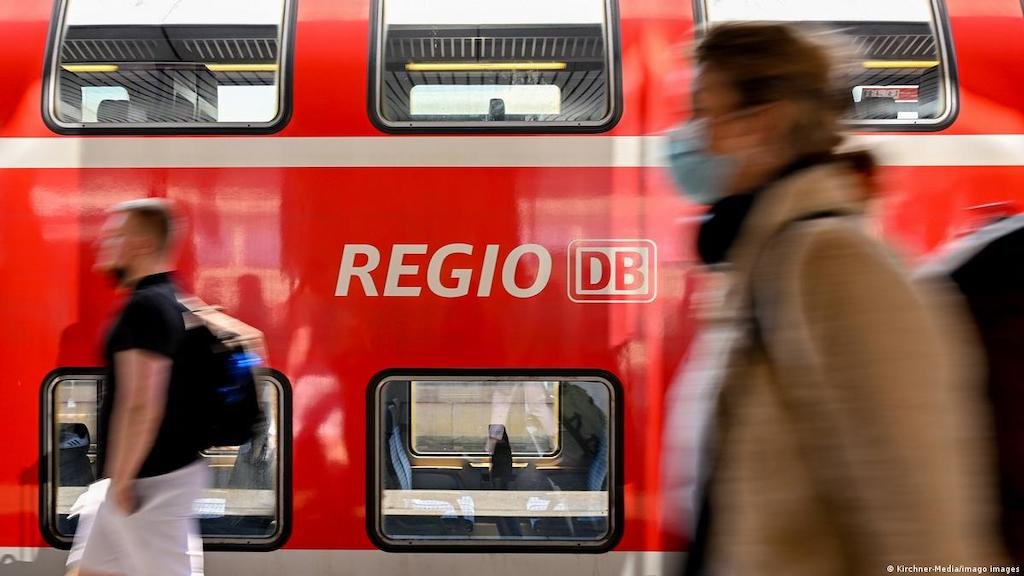Germany to introduce €49/month public transport pass
Germany’s federal government and 16 states have agreed to introduce a €49 monthly travel pass from January. The “Deutschlandticket” ticket will be valid on short and medium-distance public transport across the country – buses, trams and regional trains – but not on high-speed intercity trains.
A central concept behind the ticket is it will reduce car use and support Germany’s pledge to become carbon-neutral by 2045.
The initiative follows a trial running over the summer when a monthly travel ticket was offered at just €9/month.
According to public transport lobby group the Association of German Transport Companies (VDV), the three-month scheme saved 1.8 million tons of CO2, principally because commuters didn’t use their cars as much.
But while the €9 scheme proved popular and helped return ridership back to pre-COVID levels, the experiment cost the German taxpayer an estimated €2.5 billion.
The price of the new €49/month ticket was fiercely contested in parliament, but agreement has now been reached on what is deemed to be a more sustainable price. The revised scheme is expected to cost about €3 billion annually in taxpayer subsidies, to be shared equally between the federal government and the states.
German Transport Minister Volker Wissing said, “the way is now clear for the biggest public transport tariff reform in Germany.”
However VDV believes a quarter of public transport trips taken during the summer trial would not have been made without the heavily subsidised ticket, calling these additional journeys, not substitute journeys. The government’s full assessment of the €9 ticket’s impact is expected imminently.

